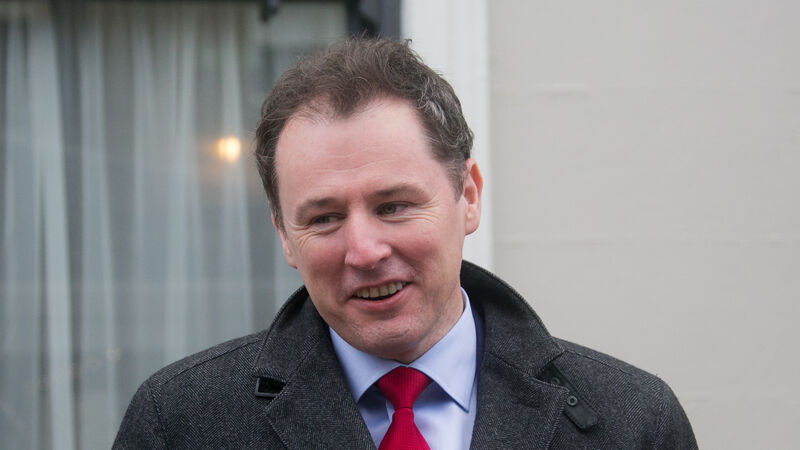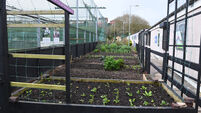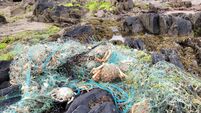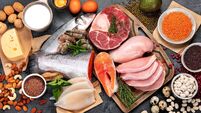Charlie McConalogue bids to allay farmers' fears over impact of emissions cut

Writing in the 'Irish Examiner', Agriculture Minister Charlie McConalogue says he believes the emissions target 'reflects a very challenging but ultimately achievable ambition'. File picture: Gareth Chaney/Collins
The production of high-quality meat and milk protein will remain the “bedrock of Irish agriculture” two decades from now, Agriculture Minister Charlie McConalogue has insisted in an exclusive op-ed for the 'Irish Examiner'.
Referring to the Government’s newly-agreed sectoral emissions targets, Mr McConalogue wrote: “While this marks a further step up and ambition, we can be comfortable in the knowledge that the sector will deliver and will continue to produce world-class products.”













